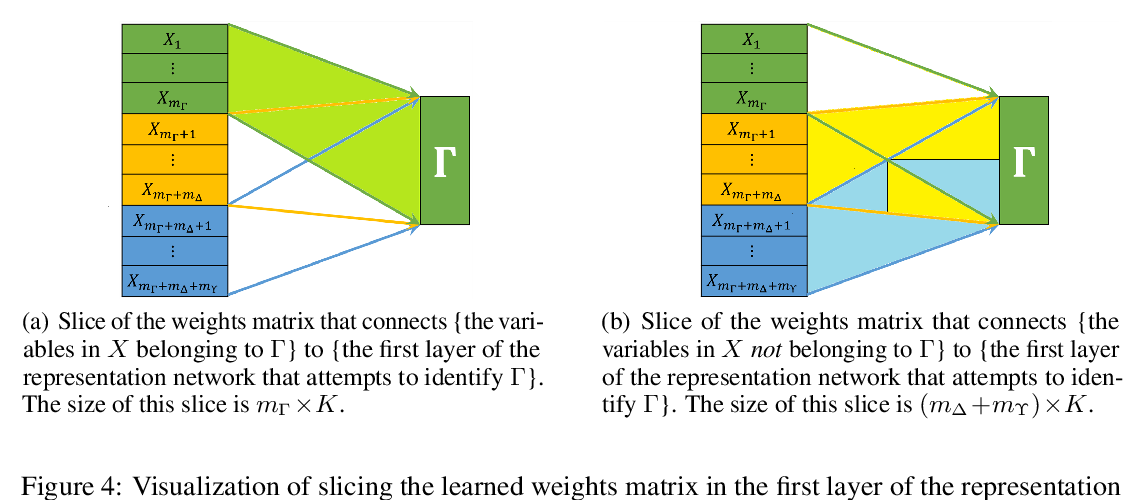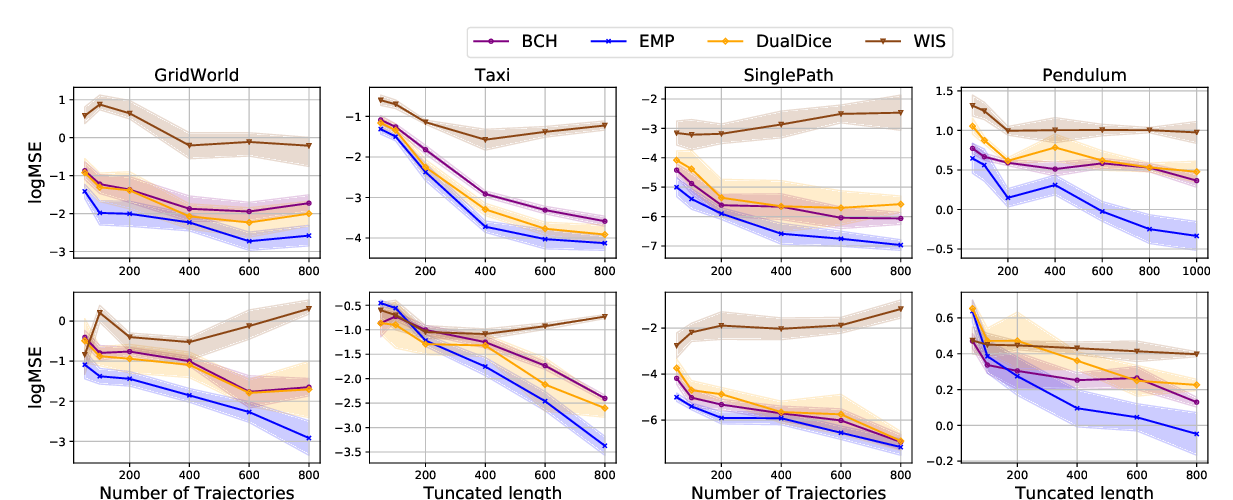Abstract:
Identifying when to give treatments to patients and how to select among multiple treatments over time are important medical problems with a few existing solutions. In this paper, we introduce the Counterfactual Recurrent Network (CRN), a novel sequence-to-sequence model that leverages the increasingly available patient observational data to estimate treatment effects over time and answer such medical questions. To handle the bias from time-varying confounders, covariates affecting the treatment assignment policy in the observational data, CRN uses domain adversarial training to build balancing representations of the patient history. At each timestep, CRN constructs a treatment invariant representation which removes the association between patient history and treatment assignments and thus can be reliably used for making counterfactual predictions. On a simulated model of tumour growth, with varying degree of time-dependent confounding, we show how our model achieves lower error in estimating counterfactuals and in choosing the correct treatment and timing of treatment than current state-of-the-art methods.



